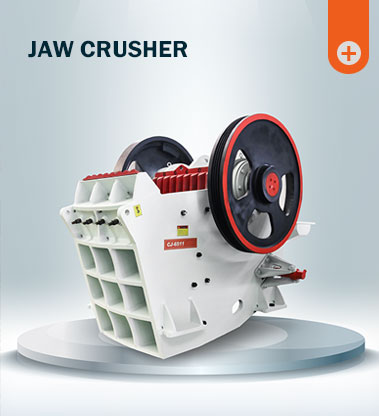Iron Ore Extraction and Beneficiation
Iron ore extraction and beneficiation involve several stages to transform raw ore into usable iron or steel products. Below is an overview of the key processes:
—
1. Iron Ore Extraction
Iron ore is mined from deposits found in sedimentary rocks (banded iron formations, BIFs) or through open-pit or underground mining methods.
Mining Methods:
- Open-Pit Mining: Used for shallow deposits (e.g., hematite-rich ores).
- Underground Mining: Applied for deeper magnetite deposits.
- Dredging: Extracts placer deposits from riverbeds or coastal areas.
- Hematite (Fe₂O₃) – High-grade (~70% Fe), direct shipping ore (DSO).
- Magnetite (Fe₃O₄) – Lower grade (~30% Fe), requires beneficiation.
- Goethite/Limonite – Weathered ores with lower iron content.
- Ore is crushed into smaller pieces (<25 mm).
- Screened to separate fine and coarse particles.
- Ball mills grind ore into fine powder (<0.075 mm).
- Helps liberate iron minerals from gangue (waste rock).
- Uses density differences to concentrate heavier iron particles.
- Methods:
- Used for magnetite ores (~72% Fe recovery possible).
- Low-intensity magnets remove ferromagnetic impurities.
- High-intensity magnets recover weakly magnetic hematite/goethite.
- Chemicals selectively attach to iron minerals, making them float.
- Removes silica/alumina impurities (reverse flotation).
Common Iron Ore Types:
—
2. Iron Ore Beneficiation
Low-grade ores require beneficiation to increase iron content and remove impurities (silica, alumina, phosphorus).
Key Beneficiation Processes:
(A) Crushing & Screening
(B) Grinding
(C) Gravity Separation
– Spiral concentrators
– Jigging machines
– Shaking tables
(D) Magnetic Separation
(E) Froth Flotation
(F) Pelletizing & Sintering (Optional)
1. Pelletizing: Fine ore is mixed with binders (bentonite), rolled into pellets (~9–16 mm), and fired (~1300°C).
2. Sintering: Fine ore is blended with coke/limestone and heated (~1200–1400°C) to form porous lumps for blast furnaces.
—
3. Final Products
After beneficiation, iron ore is processed into:
✔️ Direct Reduced Iron (DRI)
✔️ Hot Briquetted Iron (HBI)
✔️ Pig Iron (via blast furnace)
✔️ Steel (via basic oxygen furnace/electric arc furnace)
—
4. Environmental Considerations
Beneficiation generates tailings (waste slurry), which must be managed sustainably:





Leave a Reply